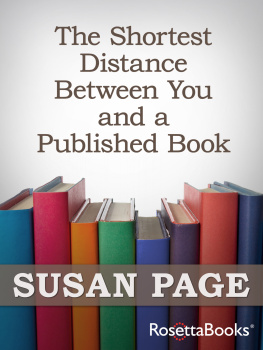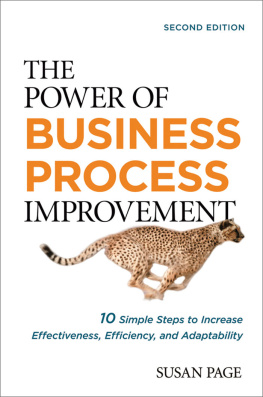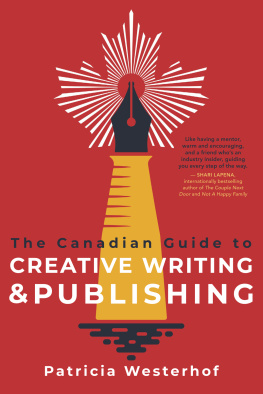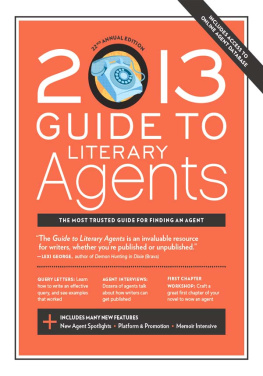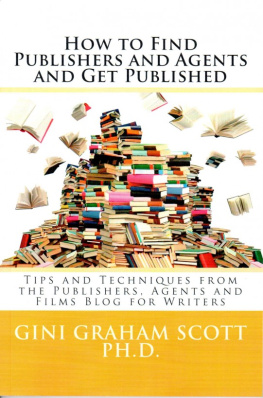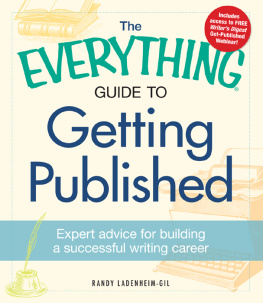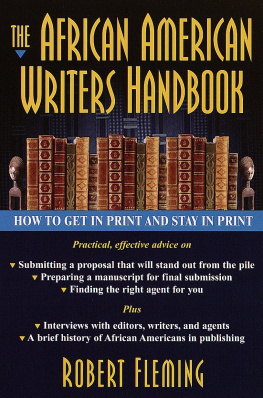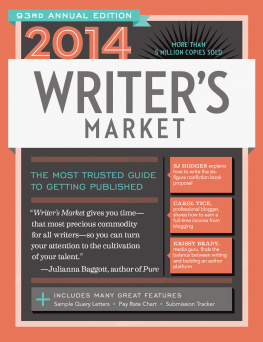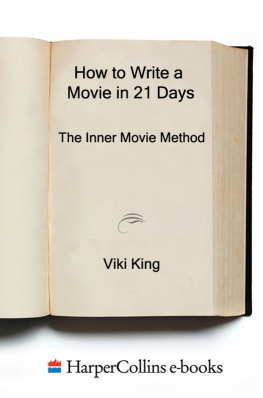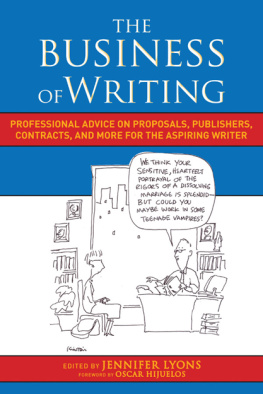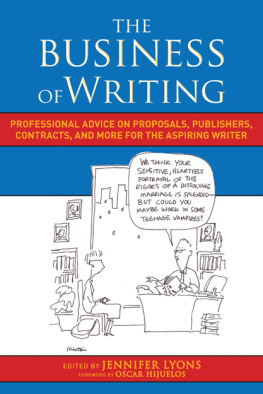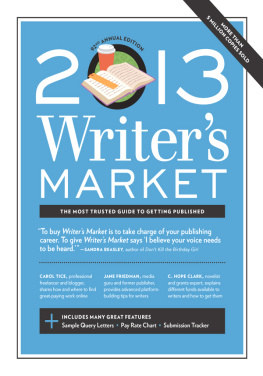The Shortest Distance Between You and a Published Book
Susan Page
Time required: Thirty minutes now;
thirty minutes periodically.
A spectacular title can add focus, energy, and excitement to your book project in its early phases. The process of title searching may help you to zero in on your books most distinctive features. And of course, a compelling title is a critical tool for marketing your book later on. So it is a good idea to start the search for a great title early in your process.
Often, coming up with the perfect title is difficult. It is a part of the process over which you have somewhat less control, because you are dependent upon inspiration.
So start looking for a fabulous title now. And get your friends and family and co-workers in on the process. Here is a job where collective inspiration works extremely well.
Common wisdom is that when you find the perfect title, you will know it instantly. In my experience, this is true sometimes but not others. It may take you a while to realize that you have blundered into brilliance; one title will slowly begin to separate itself from all the others.
A title must accomplish several tasks. Ideally, it will
- instantly say what the book is about.
- pique our curiosity.
- be distinctive and be unique to you.
- be memorable.
- be positive.
- feel on target, exciting, and compelling to the author.
Often, the title you start out with will meet the first requirement, but thats all. My first title for If Im So Wonderful, Why Am I Still Single? was How to Find Love: A Guide for Singles. (Yawn.) Its not distinctive or memorable.
Some titles meet several of the criteria, but they are negative instead of positive. Dont call your book, Stop Losing Money in the Stock Market. Instead call it How to Get Rich Overnight.
Probably the least effective titles are simple labels that say, This is the subject matter you will find in this book. For example,
Marriage and Families
The Art and Practice of Loving
Anger and Forgiveness
However, sometimes the subject matter you are labeling is interesting enough that a label is all you need:
The 7 Habits of Highly Effective People
Women Who Love Too Much
The Aquarian Conspiracy
Raising Your Spirited Child
What can a title do besides label a books topic? It can
- introduce a new, intriguing term
Passages
Megatrends
The Enneagram Made Easy
- make an irresistible promise
Positively Outrageous Service
Wealth Without Risk
Eat More, Weigh Less
- tell you in a nutshell the basic premise of the book; give away the secret in the title
Lies My Teacher Told Me
Smart Women, Foolish Choices
The Overworked American
Men Are from Mars; Women Are from Venus
- conjure up an image; introduce a powerful metaphor
The Silence of the Lambs
Swim with the Sharks Without Being Eaten Alive
The Bridges of Madison County
- ask a question or make a statement that people ask or say all the time in real life
If Im So Wonderful, Why Am I Still Single?
I Never Promised You a Rose Garden
In addition to examining the function of a title, you can also seek inspiration by looking at title patterns. For example:
The Chalice and the Blade
War and Peace
All I Ever Needed to Know I Learned in Kindergarten
Love Is a Verb
Why Do I Think I Am Nothing Without a Man?
How Could You Do That?
Who Put the Butter in Butterfly?
- An oxymoron or words used in unusual combinations
Emotional Intelligence
Simple Abundance
Intimate Strangers
Steel Magnolias
Necessary Losses
- A specific number of laws, rules, or guidelines
The Seven Spiritual Laws of Success
The 7 Habits of Highly Successful People
Eight Essential Traits of Couples Who Thrive
- A new idea with a simple explanation after a colon
The Transcendent Child: Tales of Triumph Over the Past
Passages
Chaos
Women Who Love Too Much
Men Who Cant Love
- A variation on a classic title, literary, or Biblical reference
My Old Man and the Sea
The Cinderella Complex
The Road Less Traveled
For Whom the Bell Tolls
- Two closely related topics beginning with the same word
Our Bodies, Ourselves
My Mother, Myself
Womens Bodies, Womens Wisdom
- Alarming, shocking words or concepts
Future Shock
The Population Bomb
Silent Spring
Lying on the Couch
- And of course, good old How To
How to Talk So Kids Will Listen and Listen So Kids Will Talk
How to Be Happier Day by Day
Books in Print contains more than 6,000 titles that begin with the words How To. The phrase may be overused, but that is probably because it continues to be effective. How to sounds boring until it is followed by something people really want: How to Be Irresistible to the Opposite Sex.
Marketing copywriter David Garfinkel reminds his students that How To must be followed by the result you will provide people, not the ways you provide the result. Notice that Dale Carnegie named his book How to Win Friends and Influence People, not How to Improve Your Listening Skills and Learn to Remember Peoples Names.
Remember that bookstores will be looking up the title of your book on a computer for inquiring customers, so avoid words that can be spelled in different ways or that could easily be either one word or two. Maria Arapakis, the author of Softpower! , learned this one the hard way: store clerks would type in the word soft, and come up empty-handed, even though her books were right there on the shelves.
And dont make your title too hard for people to remember. The title of Jeffrey Mayers helpful book on getting organized is clever and communicates a point. You can remember the point, but the exact title is hard to recall: If You Havent Got the Time to Do It Right, When Will You Find the Time to Do It Over?
What about subtitles? Subtitles are wonderful because they give you a second chance to interest a potential buyer. You can add more information in a subtitle or suggest exactly how the book will help the reader. But remember, in many situations, the subtitle will not be used: when a talk show host is announcing the title of your book, for example, or when it is being listed along with other books in an articleor a bestseller list!
So the title has to do most of the work. With rare exceptions, the title itself should convey what the book is about and why the public should be interested in reading it.
Good luck with your title. Maybe you already have a super one. If not, it can be a true challenge to find one that tells exactly what your book is about and how it is distinctive; that stands out from the pack; and that is clever, memorable, and irresistible.
As experts on creativity tell us, inspiration often comes as a result of four steps. First you have to do your homework: Think about the function and pattern of your title as suggested above. Conduct some of the activities Im about to suggest. Work at it for a while. For the second step, let go of the whole thing. Relax and forget about it. The seeds you have planted by doing your homework are gestating.
Next page
